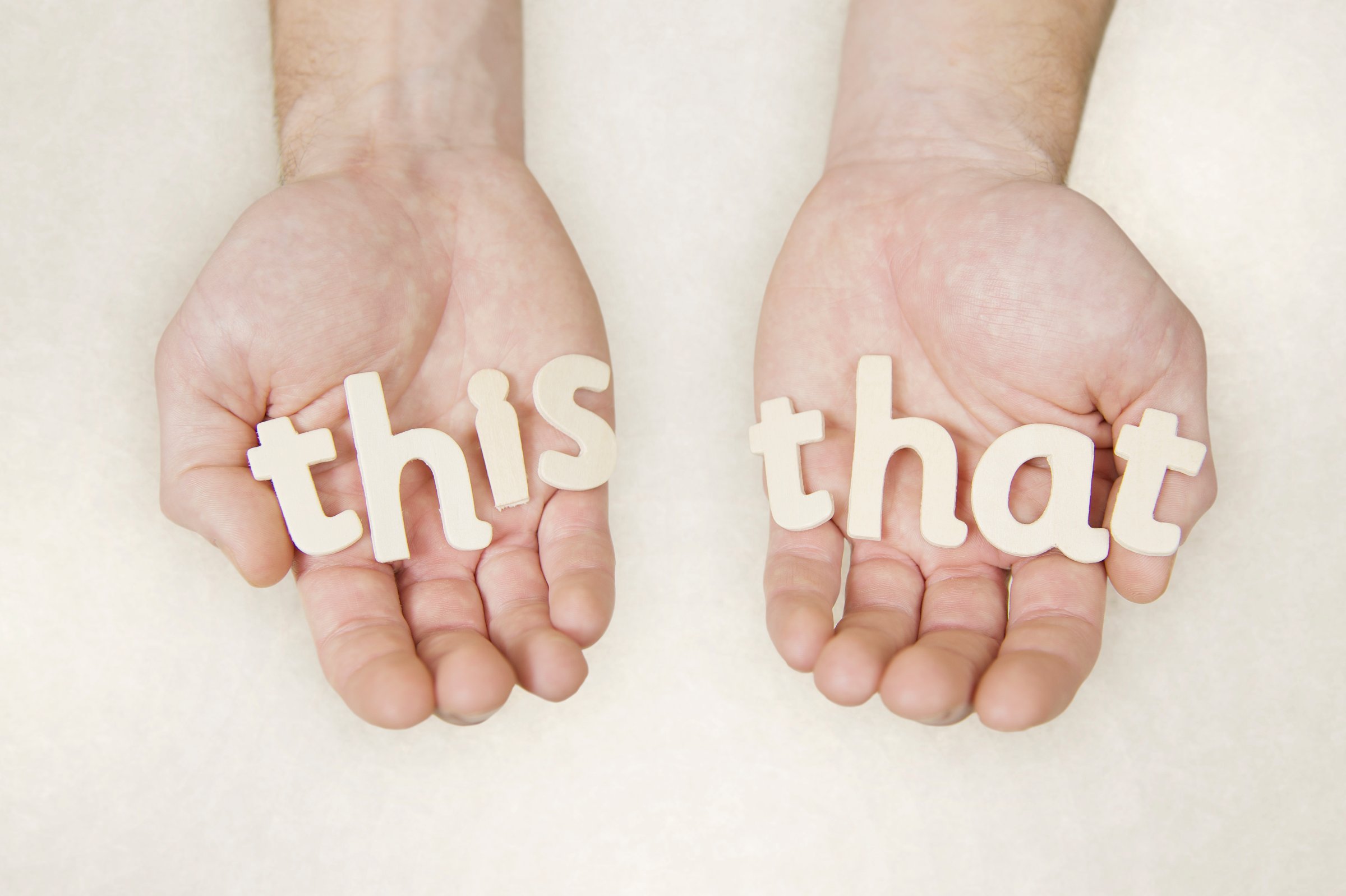
You love having lots of choices.
But having more choices isn’t always a good thing — ever see so many good options that you end up picking… nothing?
Barry Schwartz has spent a great deal of time researching this issue and in his excellent book The Paradox of Choice: Why More Is Less he explains how we can make ourselves happier and more fulfilled by reducing choice.
What are the 5 steps?
So what do these mean?
1) We love choices. Research shows people prefer freedom and autonomy over money. But too much choice overwhelms us, leads to second guessing and makes us unhappy. But we rarely admit that. Having too many choices is stressful. Constraints help.
2) A maximizer is someone who researches, comparison shops and works hard to make sure they get the absolute very best. A satisficer is someone who is happy with good enough. Which is the better strategy? Maximizing may give better objective results — but makes us unhappier in the end.
In most areas of life, settling produces more happiness.
3) Keeping your expectations under control is smart thinking. Optimism is good, but keep an even keel. Schwartz explains:
Via The Paradox of Choice: Why More Is Less:
Our evaluation of experience is substantially influenced by how it compares with our expectations. So what may be the easiest route to increasing satisfaction with the results of decisions is to remove excessively high expectations about them.
4) We often want to leave our options open but that makes us prone to second guessing. We forget how powerful our ability to rationalize after the fact is and we fear regret. However, research shows when decisions are not reversible we adapt to them quicker, move on faster and are happier with our lives.
5) Comparing yourself to others can seriously reduce your happiness. Schwartz explains:
Via The Paradox of Choice: Why More Is Less:
“Stop paying so much attention to how others around you are doing” is easy advice to give, but hard to follow, because the evidence of how others are doing is pervasive, because most of us seem to care a great deal about status, and finally, because access to some of the most important things in life (for example, the best colleges, the best jobs, the best houses in the best neighborhoods) is granted only to those who do better than their peers. Nonetheless, social comparison seems sufficiently destructive to our sense of well-being that it is worthwhile to remind ourselves to do it less. Because it is easier for a satisficer to avoid social comparison than for a maximizer, learning that “good enough” is good enough may automatically reduce concern with how others are doing.
Lastly, something Schwartz mentions in the book really made me stop and think. He quotes Quarterlife Crisis: The Unique Challenges of Life in Your Twenties saying:
“What happens when you have too many options is that you are responsible for what happens to you.”
Being aware of that — all the time — is incredibly stressful. Paralyzing.
Doesn’t sound like a prescription for happiness to me.
Join over 100,000 readers. Get a free weekly update via email here.
Related posts:
Here are the things that are proven to make you happier
Does creativity require freedom or constraints?
What’s the main thing we can learn from Harvard happiness expert Daniel Gilbert?
More Must-Reads from TIME
- Where Trump 2.0 Will Differ From 1.0
- How Elon Musk Became a Kingmaker
- The Power—And Limits—of Peer Support
- The 100 Must-Read Books of 2024
- Column: If Optimism Feels Ridiculous Now, Try Hope
- The Future of Climate Action Is Trade Policy
- FX’s Say Nothing Is the Must-Watch Political Thriller of 2024
- Merle Bombardieri Is Helping People Make the Baby Decision
Contact us at letters@time.com